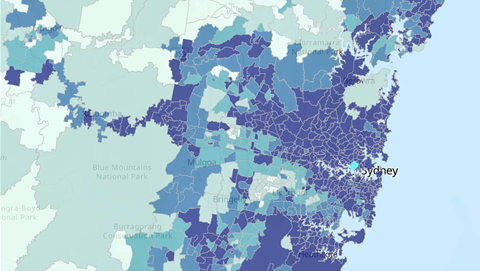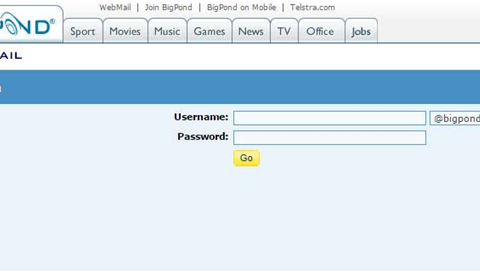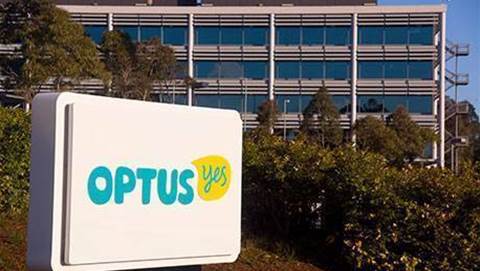The Alliance for Affordable Broadband has written to NBN Co chief Mike Quigley seeking answers on an alleged cost blowout for the NBN that it said could breach $13 billion.

It has also questioned an apparent admission that basic internet service costs will rise under a National Broadband Network.
The four-page letter was sent in response to yesterday's release of the 36-page NBN Co business plan summary by the Gillard Government to placate independent Senators ahead of a vote on crucial legislation to split Telstra.
The alliance - consisting high-profile companies such as PIPE, Vocus, BigAir, AAPT and EFTel - claimed the summary provided a "disturbing insight" into the NBN project.
"The summary appears to raise more questions than answers," the alliance wrote.
"We would expect far more detail than this to justify even a small investment".
At issue was the set of confusing financials disclosed in the summary that had led to reports of the network costing less than first thought -$35.7 billion in capital expenditure - to over $50 billion.
The Government spent part of today attempting to address the issue. Finance Minister Penny Wong told the Senate that those spouting larger figures were "trying to add capex and opex" figures together.
"This project can be rolled out more cheaply and to more homes than previously thought," Wong said.
But opposition communications spokesman said the "true cost" of the NBN wasn't just capital expenditure.
"It is difficult to be precise about [the total cost of the NBN] given the lack of financial statements or any meaningful detail in the summary document, but the true cost of the NBN is not simply the capital expenditure but in addition the accumulated operating losses until such time as the business starts to generate positive operating cashflow," Turnbull said in a blog post.
The Alliance for Affordable Broadband asked Quigley to "please help fill in the blanks".
It said the total direct network investment to be made in the NBN appeared to be $46.4 billion - made up of the upfront capital costs and the "net present value of leases and [Indefeasible Right to Use] from Telstra" of $9 billion.
The alliance claimed another $4 billion needed to be factored in for interest costs to cover project finance debts between 2016 and 2020 alone.
And it argued that the cost of migration incentives to be paid to Telstra should also be factored into the final cost of the NBN - delivering a "total project cash outflow" in excess of $55 billion.
The alliance said this was necessary because the NBN Co business plan summary said only that Telstra was "likely to become NBN Co's largest customer."
"This seems to suggest there is some doubt whether payment to Telstra of some $4.8 billion in migration incentives guarantees that Telstra will migrate most if not all its fixed line customers," the alliance said.
"Unless there is absolute certainty regarding Telstra migrating all its clients as part of that incentive, then the entire $4.8 billion payment should be added to the overall project cost.
"It would be extremely helpful to understand exactly whether the $4.8 billion of migration incentives is for all copper and HFC services to be disconnected or a smaller subset of. We fear that the apparent lack of clarity around this point is intentional."
Basic price hikes?
The Alliance also expressed serious concern over an admission in the summary that, "based on take up and speed usage growth assumptions, NBN Co anticipates being able to reduce real prices for all products and nominal prices for all products, except the basic service offering."
It called the admission a "disturbing development" and said that an outcome that increased the basic costs of internet services should be avoided "at all costs".
"By this statement, NBN Co expects to decrease the real prices for products able to be afforded in homes with higher incomes, yet households on low incomes who can only afford the most basic service will not see any similar improvement in affordability and in fact, it would appear that it is NBN Co's intention to make this product less affordable over time," the alliance said.
"At the same time removing any choice those consumers have to acquire a different cheaper alternative.
"Not only does it appear that NBN Co or the Government is unable to substantiate its claim that the NBN will be more affordable for consumers today, in fact, are we to understand that NBN Co is now clearly articulating that the basic service will become less affordable for those most affected by the digital divide once customer choice is removed over time?"
The Alliance said it awaited "clarification" from NBN Co on the issues it raised.


























